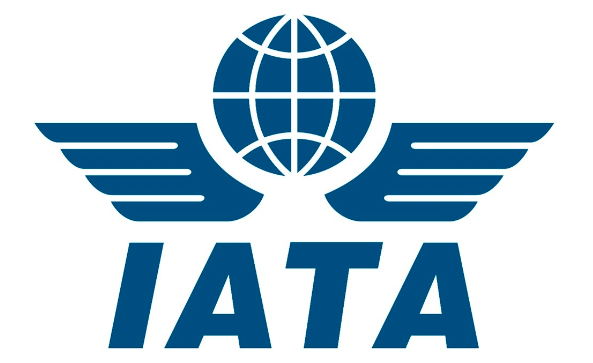GLOBAL AIR CARGO DEMAND INCREASES 11.9 PCT TO 19.7 BLN CTKS IN FEBRUARY - IATA

The global air cargo industry registered a total of 19.7 billion cargo tonne-kilometres (CTKs) in February 2024, representing an increase of 11.9% year-on-year (y-o-y), according to the International Air Transport Association (IATA).
The association said the increase marked the third consecutive month of double-digit y-o-y growth after accounting for a seasonally reduced activity in Asia Pacific after the Lunar New Year mid-month.
“Notably, February 2024 was a leap year with one extra day compared to February 2023, which slightly exaggerates annual growth rates to the positive,” it said in a statement.
Furthermore, it said industry-wide air cargo capacity, measured by available cargo tonne-kilometres (ACTK), has risen by 13.4% y-o-y, largely due to the continued expansion of international passenger belly-hold capacity.
In year-to-date terms, IATA said up to February, cumulative industry CTKs posted a total of 40.5 billion, up an impressive 15.0% from the 2023 value and only 0.3% below the heights experienced in early 2022.
“Positive annual growth in international air cargo traffic across the board (was recorded), led by African and Middle Eastern carriers and expanding on European route areas,” it pointed out.
On regional performance, IATA noted that Asia-Pacific airlines saw 11.9% y-o-y demand growth for air cargo in February, a significant decrease compared to January's 24.3% y-o-y growth, likely related to slowing activity after the Lunar New Year celebrations.
“Capacity increased by 23.1% y-o-y as belly capacity came online with recovery in the passenger business,” it said.
IATA director-general Willie Walsh said February's demand growth of 11.9% far outpaced the 0.9% expansion in cross-border trade.
“This strong start for 2024 could see demand surpass the exceptionally high levels of early 2022.
“It also shows air cargo's strong resilience in the face of continuing political and economic uncertainties,” he said.
According to the statement, several factors in the operating environment should be noted, including global cross-border trade which grew by 0.9% in January and the manufacturing output Purchasing Managers' Index (PMI) which climbed to 51.2 in February, indicating expansion.
Additionally, the February y-o-y inflation dropped to 2.8% in the European Union while rising to 2.8% and 3.2% in Japan and the United States, respectively.
“After four months of deflation, China reported a 0.7% increase in inflation y-o-y, a positive development amid concerns over China's economic slowdown,” it said.
